The automotive and mobility industries are integral to the European Union’s (EU) economic fabric, contributing approximately 7% of the EU’s GDP and employing over 13.8 million people across the region. The sector, encompassing manufacturing, supply chain, and mobility services, is undergoing a rapid transformation driven by technological advancements, evolving consumer preferences, and stringent regulatory demands. In 2023, automotive production in the EU reached 12.1 million vehicles, and the market is projected to grow at a compound annual growth rate (CAGR) of 3.2% through 2027. However, this growth comes with increasing pressures to enhance sustainability, ethical labor practices, and transparency throughout complex global supply chains.
The Automotive and Mobility Council, part of the EUTECH Ecosystem and operating under the SIERA Alliance framework, is committed to addressing these evolving challenges. The council promotes the integration of sustainability into the industry, aligning its efforts with key European frameworks such as the EU Green Deal, Corporate Sustainability Reporting Directive (CSRD), and Environmental, Social, and Governance (ESG) standards. These frameworks encourage the sector to adopt more responsible practices, from reducing carbon emissions and promoting circular economy principles to ensuring fair labor conditions throughout the supply chain.
The automotive and mobility industries are in the midst of profound changes. With the EU aiming to reduce transport-related greenhouse gas emissions by 90% by 2050, companies are increasingly focusing on sustainable manufacturing practices, electrification, and the development of innovative mobility solutions. Furthermore, the council organizes monthly webinars and publishes sector papers covering various topics, from ESRS E1 (climate change mitigation) to ESRS G1 (business ethics). These initiatives are supplemented by comprehensive white papers and position papers that provide strategic insights on how the industry can align with sustainability targets and ethical standards.
One of the key events organized by the council was the September webinar titled “Promoting Ethical Labor Practices in the Automotive Supply Chain,” which focused on the ESRS S2 standard. The event attracted a diverse audience of industry leaders, policymakers, and stakeholders who engaged in discussions on the importance of upholding ethical labor practices in a global supply chain context. The webinar highlighted the need for greater transparency in sourcing materials, ensuring worker safety, and preventing exploitation in regions with less stringent labor laws. The success of the event underscored the industry’s commitment to addressing labor issues while striving for a more ethical and sustainable future.
However, the automotive and mobility industries face complex challenges in implementing these changes. One of the foremost challenges is the complexity of global supply chains. Automakers and mobility companies often source components and raw materials from multiple countries, each with different labor standards and regulatory frameworks. Ensuring suppliers across diverse jurisdictions adhere to ethical labor practices is a significant challenge. Additionally, regulatory compliance across varying regions adds further complexity as companies must navigate a patchwork of laws related to labor rights, environmental protection, and corporate governance.
Another pressing issue is technological disruption, which is reshaping the automotive and mobility landscape. The rapid adoption of electric vehicles (EVs), autonomous driving technologies, and mobility-as-a-service (MaaS) models requires a reskilled workforce capable of adapting to new technologies. This disruption also pressures the industry to balance cost implications with the need to implement ethical labor practices, particularly as consumers and investors increasingly prioritize sustainability and social responsibility in their decision-making.
Despite these challenges, there are clear pathways forward for the industry. Enhancing supply chain transparency and monitoring is a critical step in addressing these issues. By leveraging technologies such as blockchain and AI-driven analytics, companies can gain greater visibility into their supply chains, ensuring that suppliers comply with ethical labor standards and that working conditions are safe and fair. Moreover, strengthening regulatory compliance and collaboration between companies and regulatory bodies can lead to more harmonized labor standards across regions, simplifying compliance and reducing the risk of legal and reputational harm.
Investing in workforce reskilling is equally crucial. As the industry transitions toward electric vehicles, autonomous driving, and other emerging technologies, reskilling programs will be essential in ensuring that workers can transition into new roles. Companies that prioritize workforce development will retain talent and position themselves as leaders in innovation and social responsibility. Additionally, fostering consumer and investor engagement is vital for building trust and demonstrating a commitment to ethical practices. By clearly communicating their efforts to uphold ethical labor standards, companies can strengthen their relationships with consumers and attract investment from sustainability-focused investors.
Balancing the cost implications of ethical labor practices with long-term sustainability goals is a challenge, but it is also an opportunity. While implementing these practices may increase short-term costs, companies that lead in social responsibility will likely see long-term benefits in enhanced brand loyalty, reduced operational risks, and a stronger competitive position in an increasingly ESG-focused market.
The Automotive and Mobility Council, supported by the SIERA Alliance, offers a range of solutions tailored to the industry’s specific needs. Environmental planning is critical in promoting sustainability in manufacturing and logistics processes, helping companies reduce their carbon footprint and align with climate goals. Furthermore, workforce management is essential in creating fair working conditions and prioritizing the welfare of employees across the supply chain in alignment with ESRS S1. Additionally, value chain labor management ensures ethical practices throughout the supply chain, promoting fairness and sustainability in sourcing materials and manufacturing processes.
Water and marine resources management is also an important consideration, especially in automotive production processes, which are often water-intensive. Implementing solutions prioritizing sustainable water usage can reduce the industry’s environmental impact. Moreover, waste and circular economy practices are essential for minimizing waste and enhancing resource efficiency in line with ESRS E5. Companies are encouraged to innovate in waste management, reuse materials, and adopt circular economy principles to extend the lifecycle of automotive components and reduce environmental harm.
Another key solution is the integration of digital projects. By employing digital technologies such as the Internet of Things (IoT) and Artificial Intelligence (AI), companies can enhance transparency and improve governance throughout their operations, leading to more efficient and ethical processes. Additionally, site development focused on sustainability ensures that production facilities are designed with environmental considerations, enhancing energy efficiency and reducing the ecological footprint of manufacturing activities.
The impact of these transformations on the automotive and mobility industries will be significant. Adopting ethical labor practices and sustainability measures will lead to a more resilient and socially responsible industry. Recent reports suggest that companies adopting comprehensive ESG strategies are 30% more likely to attract investment from sustainability-focused funds, while those implementing ethical labor practices have seen improved worker satisfaction and reduced turnover rates by 25%. Furthermore, the shift towards electric and autonomous vehicles is expected to drive growth in the industry, with the EV market projected to reach €420 billion by 2030, creating new jobs and opportunities for innovation.
As the automotive and mobility industries continue to evolve, the role of the Automotive and Mobility Council within the EUTECH Ecosystem and the SIERA Alliance is essential. By driving sustainability initiatives, the council is aligning the sector with the broader goals of achieving the EU Green Deal, ensuring compliance with ESG standards, and meeting the rigorous requirements of the CSRD. The council’s commitment to promoting ethical labor practices and fostering innovation is helping shape a future where the automotive and mobility sectors thrive economically and contribute to a greener, more socially responsible Europe. Through continued collaboration and strategic initiatives, the council is paving the way for a sustainable transformation that benefits all stakeholders.























